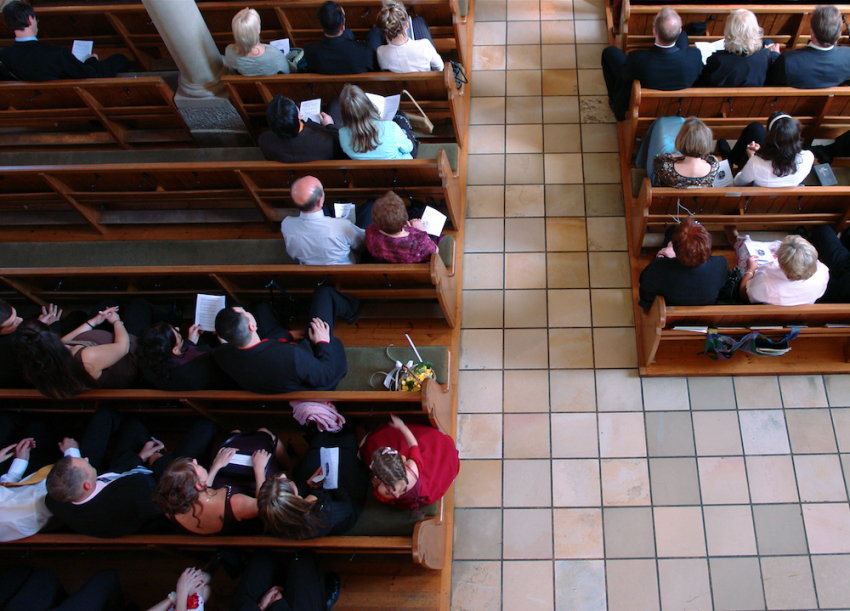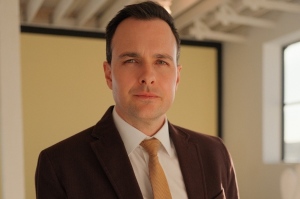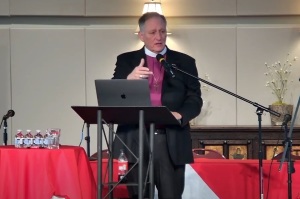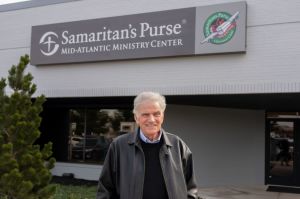Most pastors say leader development, 'people's apathy' are issues they need to address: survey

Developing leadership, connecting with the unchurched and tackling apathy are among the top issues that pastors believe need to be addressed, according to newly released data from Lifeway Research.
The research and polling division of the Southern Baptist Convention released a new report Tuesday based on a survey of 1,000 Protestant pastors in the United States. The pastors were asked to list what they consider their greatest needs.
“Developing leaders and volunteers” was the most listed concern, with 77% of respondents choosing it as an important need to address.
“Fostering connections with unchurched people” was the second-most listed item by pastors at 76%, followed by “People’s apathy or lack of commitment” at 75% and “Consistency in personal prayer” at 72%.
Other listed needs include “Friendships and fellowship with others” (69%), “Trusting God” (66%), “Personal disciple making” (63%) and “Time management” (51%).
During the survey, pastors were asked to select just one important need to address.
“People’s apathy or lack of commitment” ranked the highest at 10%, followed by “Personal disciple making” at 9%, “Fostering connections with unchurched people” at 8% and “Developing leaders and volunteers” at 7%.
The poll was conducted from March 30 to April 22, 2021, and has an error margin of plus or minus 3.1%.
“The pre-existing challenges of ministry were amplified by COVID, and it’s important we lean in and listen closely to pastors,” said Lifeway President Ben Mandrell.
“This project has shed light on critical needs they have and will point the way forward in how we partner with them to fuel their ministries and improve their health in multiple areas.”
When it comes to getting help for their needs, the poll shows that 75% of pastors expressed interest in getting advice and guidance from other pastors who’ve faced similar problems. Meanwhile, 74% said they would like advice from pastors who understand churches like theirs.
Only 57% of pastors said they would want guidance from “experts” on addressing those needs.
Pastors ages 65 and older (57%) are the least likely to say they want to receive advice from other pastors who’ve already faced similar experiences, while 75% of pastors ages 64 and younger said the same.
“The most monumental needs of pastors are not new to this generation of pastors,” said McConnell. “They know other pastors and pastors who have gone before them are best positioned to understand and help them with the wide variety of ministry and personal needs a pastor faces.”
Last year, the Christian ministry-centered tech company Faithlife released a mental health report on pastors in which clergy reported that the greatest unmet need was support from volunteers, elders and staff, followed by friendship.
“That’s an invitation — jump in and start serving, giving, and helping anywhere you can,” wrote Jennifer Grisham of Faithlife in a column published by The Christian Post last October.
“Maybe you can apply your head to creating a spreadsheet or statement of faith, your heart to teaching kids or weeping with the suffering, or your hands to cleaning out a supply closet or running slides. Every person who belongs to a church can make a difference by serving.”



























